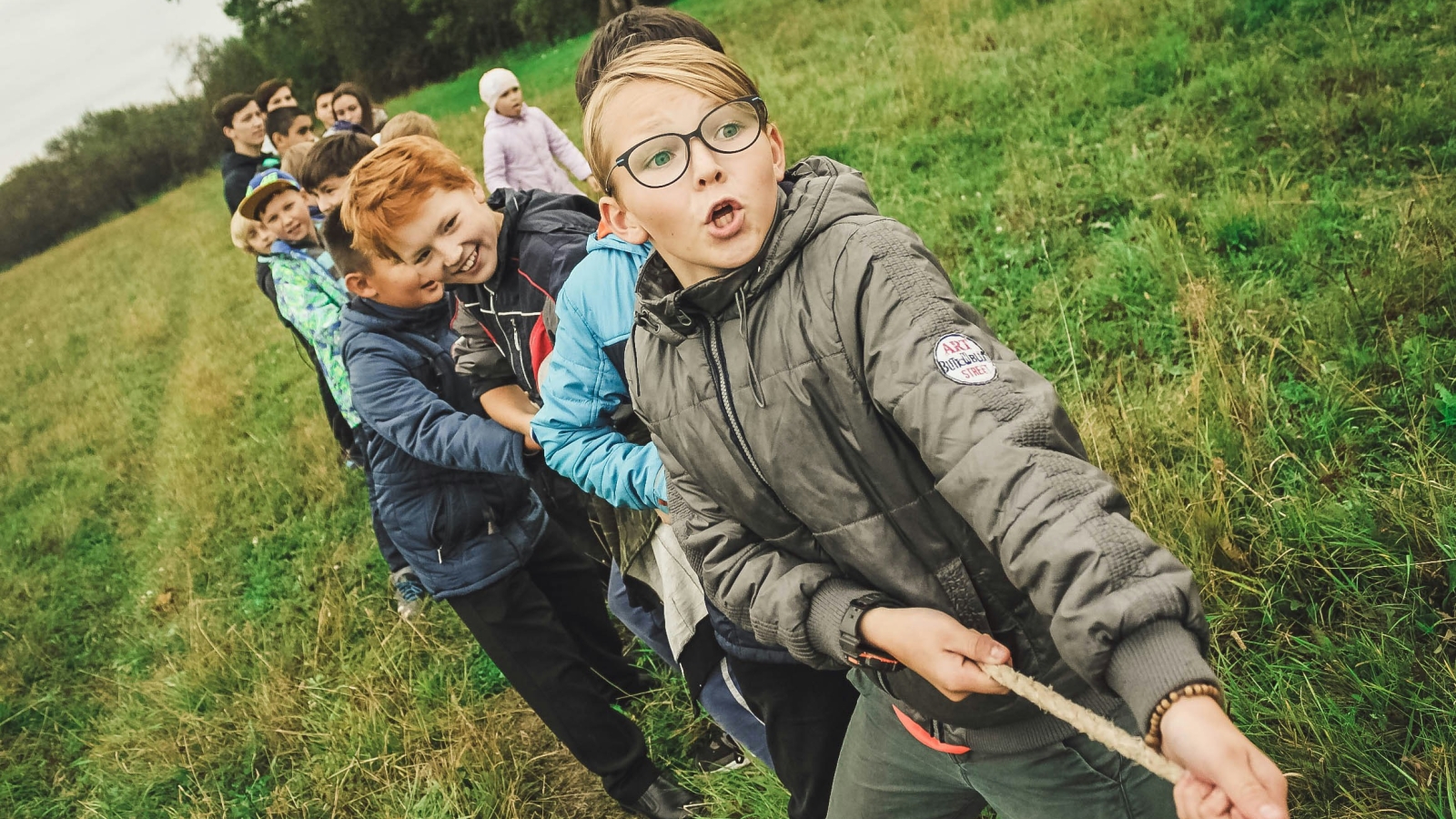School field trips have long been a cherished part of the educational experience, providing students with the opportunity to learn outside the traditional classroom setting. While these excursions are often seen as fun breaks from routine, their value extends far beyond mere recreation. Field trips play a crucial role in the development of leadership skills and the cultivation of compassion among students, shaping them into well-rounded individuals ready to take on future challenges.
Developing Leadership Skills
- Real-World Problem Solving: Field trips often involve navigating new environments and dealing with unforeseen challenges. Whether it’s figuring out how to read a map in a nature reserve or coordinating group activities at a historical site, students are pushed to think critically and make quick decisions. These experiences foster problem-solving skills that are essential for effective leadership.
- Teamwork and Collaboration: Many field trips require students to work together in groups. Activities such as scavenger hunts, group projects at museums, or team sports at outdoor camps teach students the importance of collaboration. They learn to delegate tasks, listen to different viewpoints, and support each other, which are all key components of successful leadership.
- Communication Skills: Effective leaders are also effective communicators. Field trips provide numerous opportunities for students to practice their communication skills. Whether they are asking questions to a tour guide, presenting findings to their peers, or discussing strategies with teammates, students enhance their ability to convey ideas clearly and confidently.
- Confidence Building: Stepping out of their comfort zones and experiencing new situations can significantly boost students’ confidence. Successfully navigating the challenges posed by field trips can make students feel more capable and self-assured, qualities that are indispensable for future leaders.
Cultivating Compassion
- Exposure to Diverse Perspectives: Field trips often expose students to different cultures, histories, and ways of life. Visits to museums, cultural centers, or community organizations broaden students’ horizons and help them understand and appreciate the diversity of human experiences. This exposure fosters empathy and compassion, as students learn to see the world from perspectives other than their own.
- Community Engagement: Many field trips involve service-oriented activities, such as volunteering at local shelters or participating in environmental clean-up projects. These experiences teach students the value of giving back to their communities and the impact they can have on others’ lives. Engaging in acts of service helps students develop a compassionate mindset, recognizing their responsibility to contribute positively to society.
- Emotional Intelligence: Interacting with different environments and people helps students develop emotional intelligence, which is crucial for compassion. Field trips often bring students into contact with individuals and communities facing various challenges. Witnessing these realities firsthand can evoke strong emotional responses and a deeper understanding of others’ struggles, fostering a more compassionate attitude.
- Building Relationships: Field trips provide a unique setting for students to bond with their peers and teachers outside the formal classroom environment. These shared experiences can create strong, empathetic relationships, as students support and learn from each other. Strong social connections are fundamental to developing a compassionate and inclusive community.
Conclusion
School field trips are much more than just a break from routine; they are invaluable experiences that contribute significantly to the holistic development of students. By stepping out of the classroom and into the real world, students gain critical leadership skills and develop a compassionate outlook on life. These excursions provide the practical, hands-on learning that is essential for preparing young people to become thoughtful, effective leaders who can navigate and positively impact an increasingly complex world. As such, educators and parents should advocate for and support the inclusion of field trips as a vital component of the educational curriculum.





